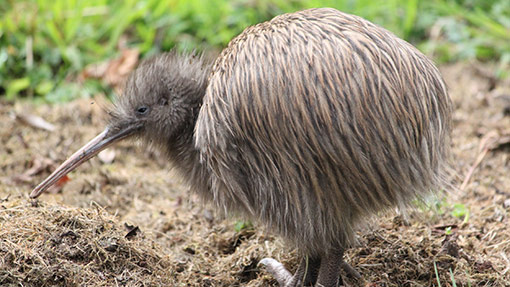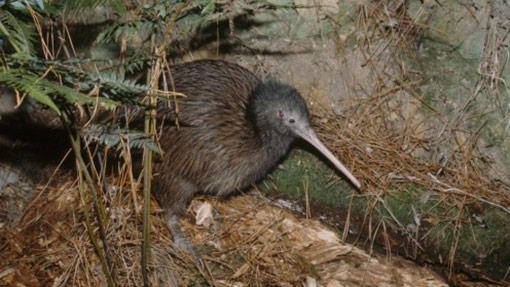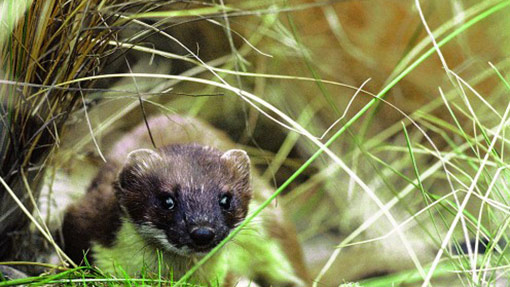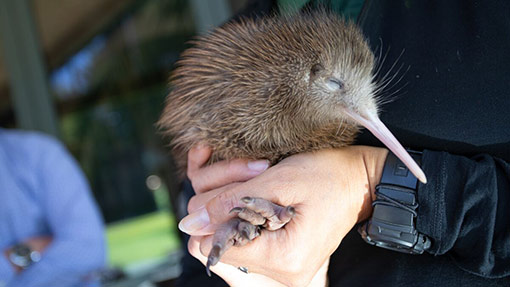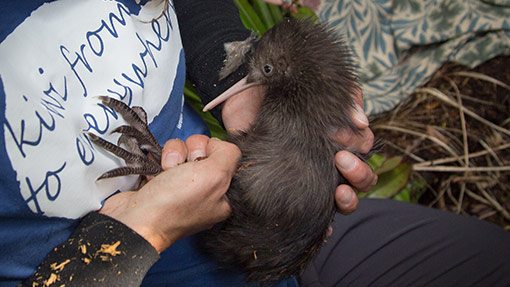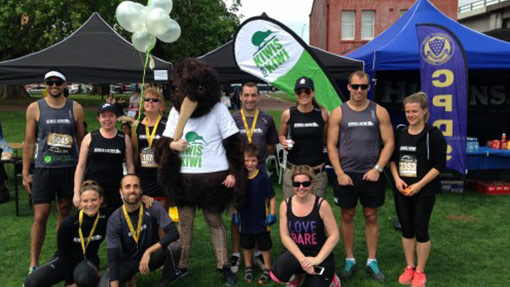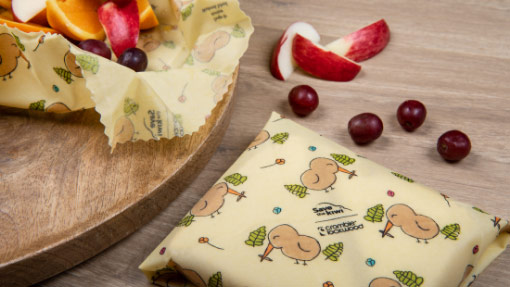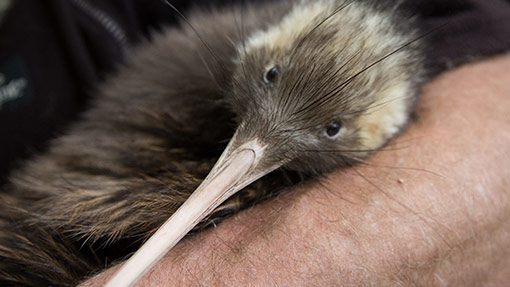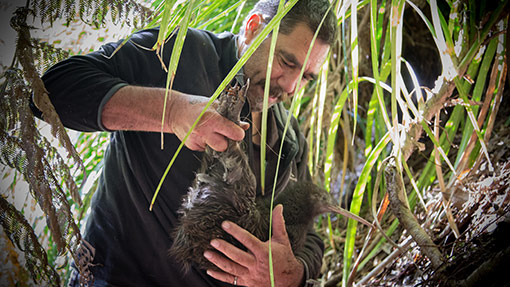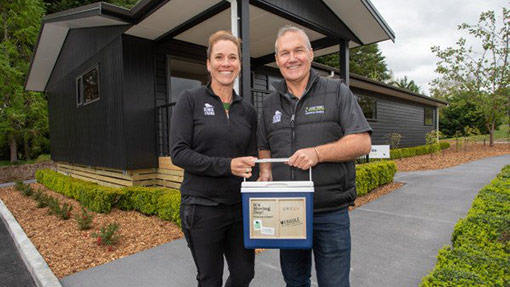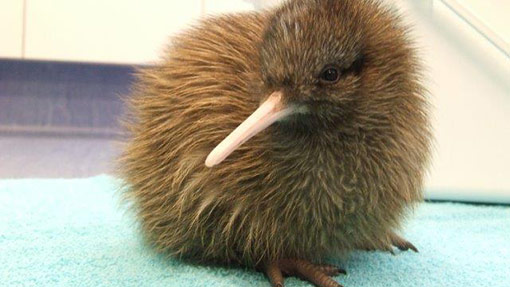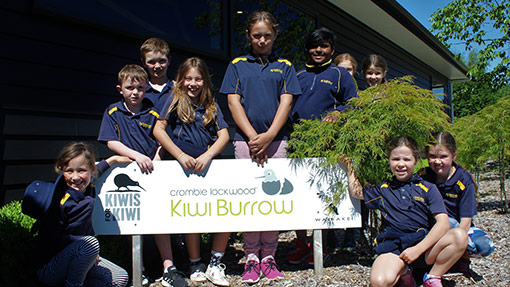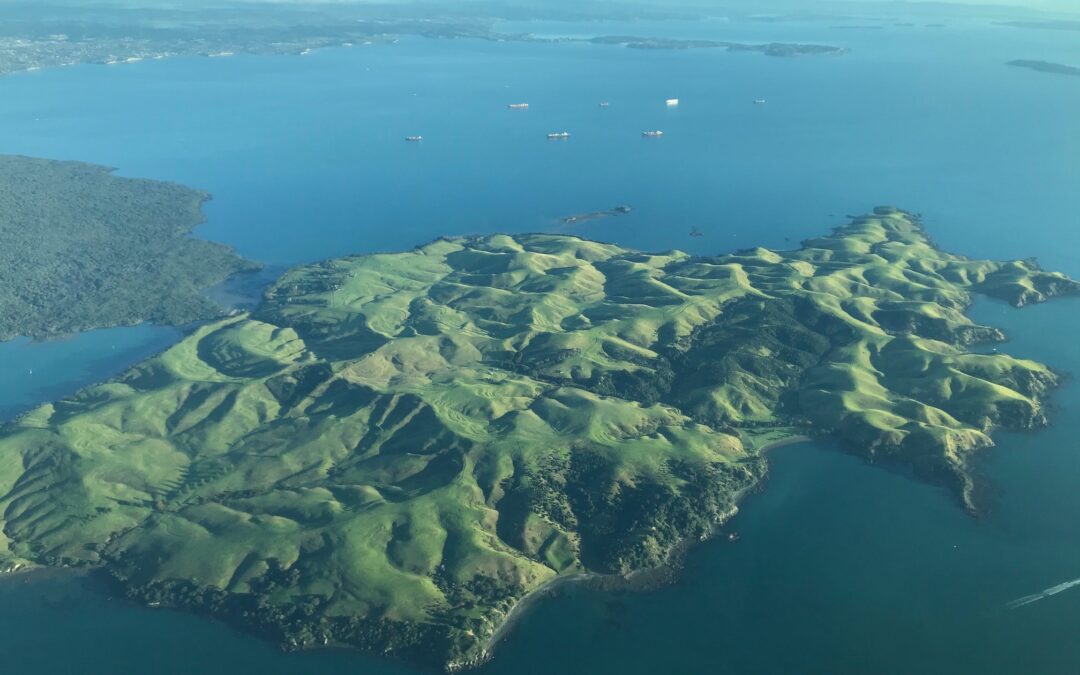An update on the Motutapu Island stoat incursion and Kiwis for kiwi’s response to it
In September 2020, a stoat was trapped on Motutapu Island and in October a dog search indicated no further stoat presence. However, in December 2020 two tūturuatu (shore plover) were killed on their nests and DNA testing determined stoat as the predator. An incursion response was activated and since then a rāhui has been placed over the island.
As at 17 June 2021, the response and rāhui is active. This status is reviewed and renewed every 30 days. It is thought that 1-2 unrelated male stoats are still on Motutapu Island. The word ‘unrelated’ is important because it is generally accepted that we are dealing with individual male stoats making it to the island, not a breeding population of stoats on the island.
Much is being done to resolve this incursion. This includes and is not limited to over 600 traps across Motutapu and Rangitoto Islands including run-through traps lured with fresh, female stoat scent, the use of up to 86 trail cameras to determine the location of the stoats, and planning for the strategic use of a stoat-specific toxin (PAPP).
The confirmed presence of a stoat on an island intended as a safe space for kiwi chicks to grow and multiply is upsetting and of deep concern to Kiwis for kiwi. In December 2020, we suspending movement of kiwi to the motu, and this will continue until the rāhui is lifted. The rāhui will not be lifted until the island regains its predator-free status.
In the meantime, this incursion has highlighted the importance of Motutapu Island as a predator-free space for endangered native species like takehē and tūturuatu as well as kiwi. Planning for other components of Kiwis for kiwi work in this space will continue, including helping to accelerate the rate of replanting, continuing to develop the whanaungatanga (connection) between groups and individuals involved in this kōhanga kaupapa, and commencing population surveys on the island.
Kiwis for kiwi is committed to this kaupapa for Coromandel brown kiwi, has confidence in the methodology currently in place, and looks forward to the day Motutapu Island is once again determined to be predator-free and transfers of Coromandel brown kiwi recommence.
Photo credit: Kat Lane, DOC
